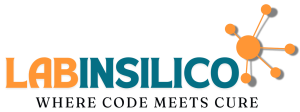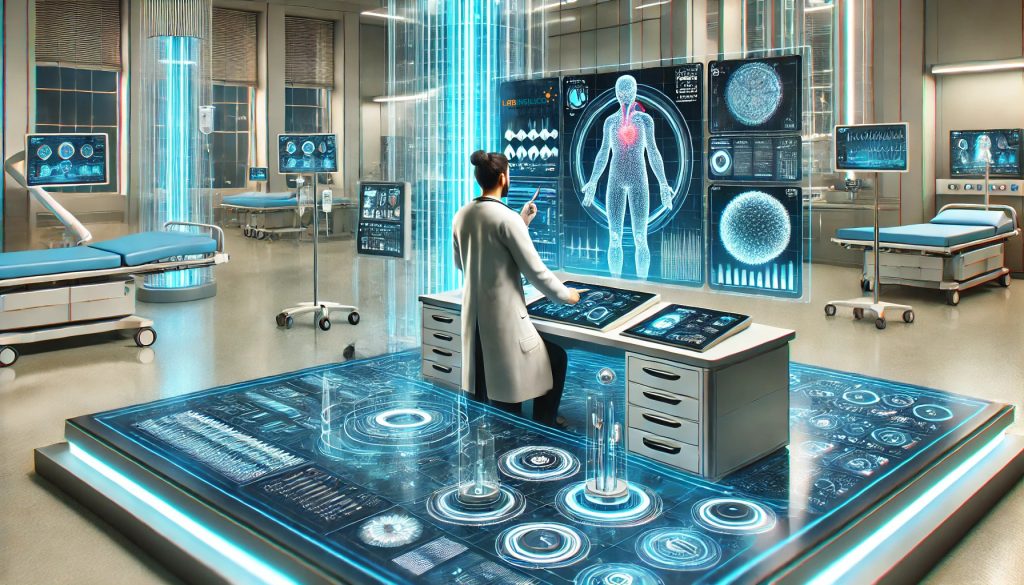In the rapidly advancing field of healthcare, machine learning (ML) is emerging as a game-changer, particularly in precision diagnostics. Machine learning models are now capable of interpreting medical reports and images with remarkable accuracy and speed, revolutionizing the diagnostic process in hospitals and laboratories. In this blog, we will delve into how machine learning-based precision diagnostics work, their impact on the medical field, and the future prospects of this innovative technology.
What is Machine Learning-Based Precision Diagnostics?
Machine learning-based precision diagnostics involves using algorithms and statistical models to analyze complex medical data. These ML models learn from vast amounts of data, including medical reports, imaging studies, and genetic information, to identify patterns and make accurate predictions about a patient’s health. By leveraging the power of machine learning, healthcare providers can achieve a higher degree of precision in diagnosing and treating various medical conditions.
How Machine Learning Interprets Medical Reports and Images
- Medical Reports Analysis
Machine learning algorithms can process and analyze structured and unstructured data from medical reports. Natural Language Processing (NLP), a subset of AI, enables ML models to understand and extract relevant information from clinical notes, laboratory results, and patient histories. These models can identify key indicators of diseases, track the progression of conditions, and suggest potential diagnoses based on historical data.
- Medical Imaging Interpretation
One of the most significant applications of machine learning in precision diagnostics is in the interpretation of medical images. Deep learning, a subset of machine learning, excels in analyzing complex imaging data such as X-rays, MRIs, CT scans, and ultrasounds. Convolutional Neural Networks (CNNs), a type of deep learning model, can detect abnormalities, classify diseases, and even predict patient outcomes with high accuracy.
The Impact of Machine Learning-Based Precision Diagnostics
- Enhanced Diagnostic Accuracy
Machine learning models can process vast amounts of data quickly and accurately, reducing the likelihood of human error. This enhanced accuracy is crucial in detecting diseases at early stages, leading to better patient outcomes. For instance, ML algorithms have shown remarkable success in identifying early signs of cancers, heart diseases, and neurological disorders from imaging data.
- Personalized Treatment Plans
By analyzing a patient’s unique genetic makeup, medical history, and current health status, machine learning models can help develop personalized treatment plans. This tailored approach ensures that patients receive the most effective therapies, reducing the risk of adverse effects and improving the overall success rate of treatments.
- Time and Cost Efficiency
Machine learning-based diagnostics can significantly reduce the time required to interpret medical reports and images. This efficiency allows healthcare providers to make quicker decisions, leading to timely interventions. Additionally, the cost savings from reduced diagnostic errors and unnecessary treatments make machine learning a cost-effective solution for healthcare institutions.
- Continuous Learning and Improvement
Machine learning models continuously learn and improve from new data. As more medical data becomes available, these models become increasingly accurate and reliable. This continuous learning cycle ensures that precision diagnostics remain at the cutting edge of medical advancements.
Challenges and Future Directions
- Data Privacy and Security
With the increased use of machine learning in healthcare, ensuring the privacy and security of patient data is paramount. Robust measures must be in place to protect sensitive information and comply with regulatory standards.
- Integration with Existing Systems
Integrating machine learning-based diagnostics into existing healthcare systems can be challenging. Healthcare providers must invest in the necessary infrastructure and training to fully leverage the benefits of this technology.
- Ethical Considerations
The use of machine learning in diagnostics raises ethical questions, particularly regarding the transparency and accountability of ML models. It is essential to address these concerns to build trust among healthcare providers and patients.
- Future Prospects
The future of machine learning-based precision diagnostics is promising. Continued advancements in AI and machine learning will lead to even more accurate and efficient diagnostic tools. The integration of AI with other emerging technologies, such as genomics and wearable devices, will further enhance the capabilities of precision diagnostics.
Conclusion
Machine learning-based precision diagnostics is transforming the landscape of healthcare, offering unparalleled accuracy, efficiency, and personalization in the diagnostic process. By harnessing the power of machine learning models to interpret medical reports and images, healthcare providers can deliver better patient outcomes and improve the overall quality of care. As this technology continues to evolve, its potential to revolutionize medicine is limitless.
At Labinsilico, we are dedicated to exploring and implementing the latest advancements in machine learning-based precision diagnostics. Stay tuned to our blog for more insights into how this cutting-edge technology is shaping the future of healthcare.

